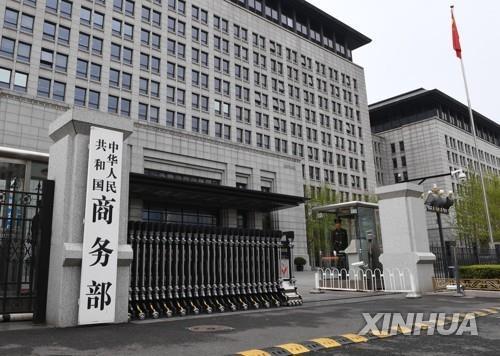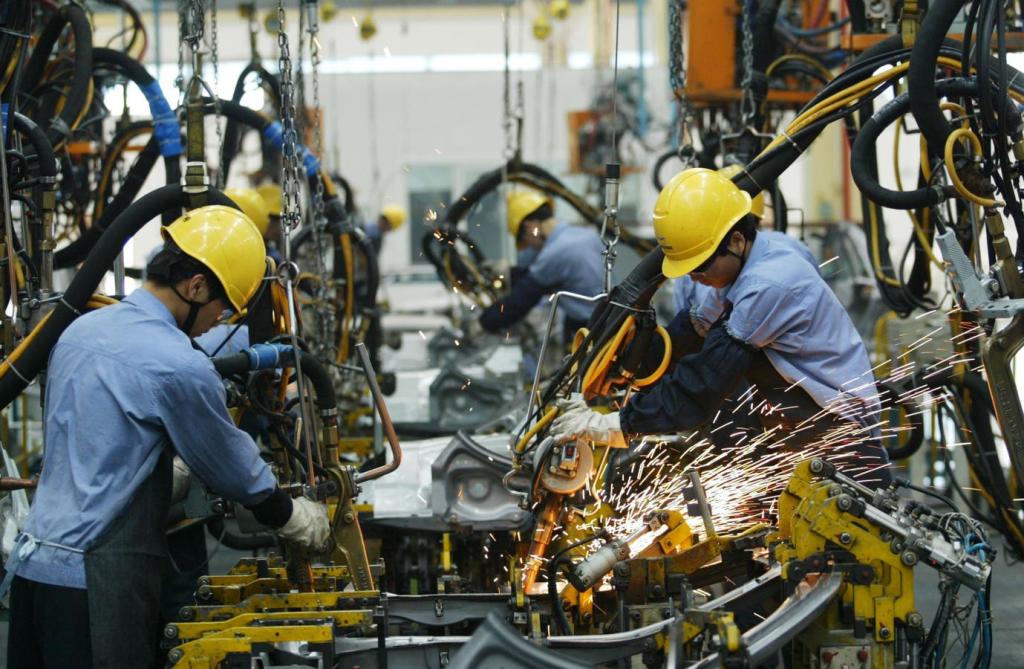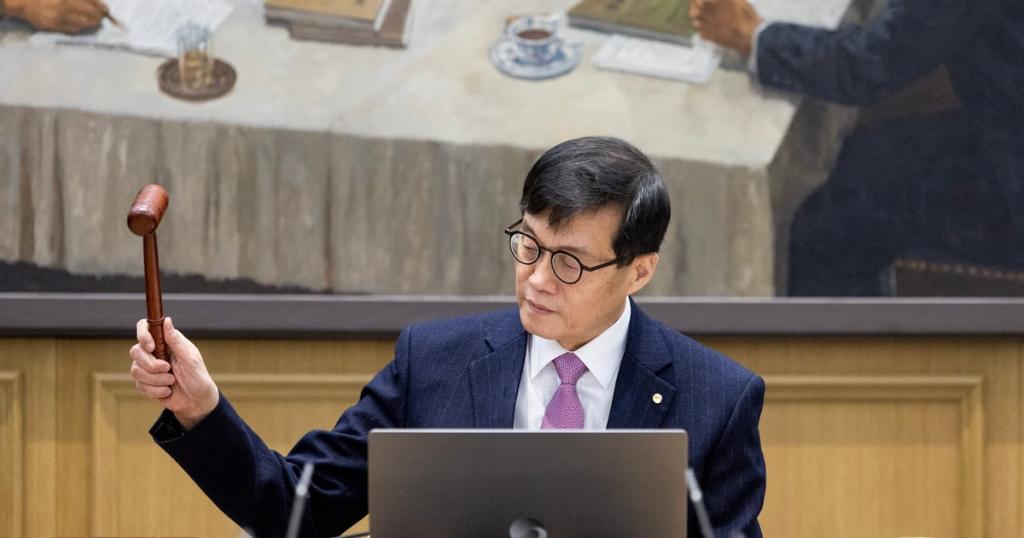China's Strategic Pause on EU Brandy Tariffs Amid Trade Tensions
Discover how China’s pause on EU brandy tariffs reflects deeper trade tensions and strategic negotiations in the ongoing EU-China trade landscape.

Key Points
- China decided not to impose provisional tariffs on EU brandy, despite finding evidence of dumping that harmed its domestic industry.
- This strategic pause aims to foster negotiations with the EU amid escalating trade tensions over electric vehicle tariffs.
- The decision highlights the interconnectedness of international trade dynamics, with potential implications for the French spirit-making sector.
The recent announcement from China regarding its decision not to impose provisional tariffs on European Union (EU) brandy has stirred quite a conversation in the global trading community. This move comes in the midst of escalating trade tensions between China and the EU, primarily over electronic vehicles. As both sides navigate this complex landscape, understanding the dynamics at play regarding brandy imports can provide insights into the broader implications of these trade discussions.
In late August 2023, the Chinese Commerce Ministry confirmed that it had found evidence of dumping—where EU brandy was sold in China below its market price, damaging the domestic brandy industry. The investigation revealed that European distillers had been selling brandy at margins ranging from 30.6% to 39%. Despite these findings, China opted not to impose provisional anti-dumping measures at this stage, signaling a strategic pause that seems aimed at fostering further negotiations with the EU.

This decision appears to be a tactical maneuver, especially considering the backdrop of the
's projected tariffs of up to 36.3% on Chinese-made electric vehicles. By not escalating tensions with the EU through tariff measures on brandy, China may be hoping to encourage member states to take a more harmonious approach to the upcoming vote concerning EV import duties.
France, a significant player in the brandy market—accounting for about 99% of China’s brandy imports—has a vested interest in these negotiations. The French cognac association has expressed its relief over the temporary decision against tariffs but remains wary, with estimates suggesting that any future duties could average around 34.8%. Such financial burdens would severely impact cognac exports to China, a market which alone constitutes about 25% of their total exports.
The broader implications of these trade tensions cannot be understated. France's support for tariffs on Chinese electric vehicles has not gone unnoticed in Beijing, and the brandy investigation is suspected to be part of a larger retaliatory strategy. With both nations clearly showcasing their economic leverage, it is crucial for stakeholders within the EU to consider the potential ramifications of their decisions not just on tariffs, but on bilateral relationships as well.

The current landscape indicates that negotiations might lead to a mutually beneficial resolution. China's choice to leave the door open for future actions regarding brandy tariffs suggests that both parties are aware of the risks and potential consequences of their trade strategies. As trade experts suggest, this could be a prime opportunity for diplomatic dialogue that satisfies both economies while maintaining the integrity of fair trade practices.
Furthermore, it is essential to acknowledge that the impacts of such trade decisions extend beyond the immediate export markets. Entire sectors—like the French spirit-making industry—can become victims of broader political conflicts. By recognizing this interconnectedness, stakeholders may find more innovative solutions that address not just trade imbalances but also the welfare of industries at risk.
In conclusion, while China's decision to forgo immediate tariffs on EU brandy introduces a breath of fresh air amidst ongoing trade tensions, it also serves as a reminder of the intricacies of international trade negotiations. As both China and the EU navigate these turbulent waters, it remains crucial for all parties involved to engage in constructive dialogue, ultimately fostering a trade environment that is equitable for all.


